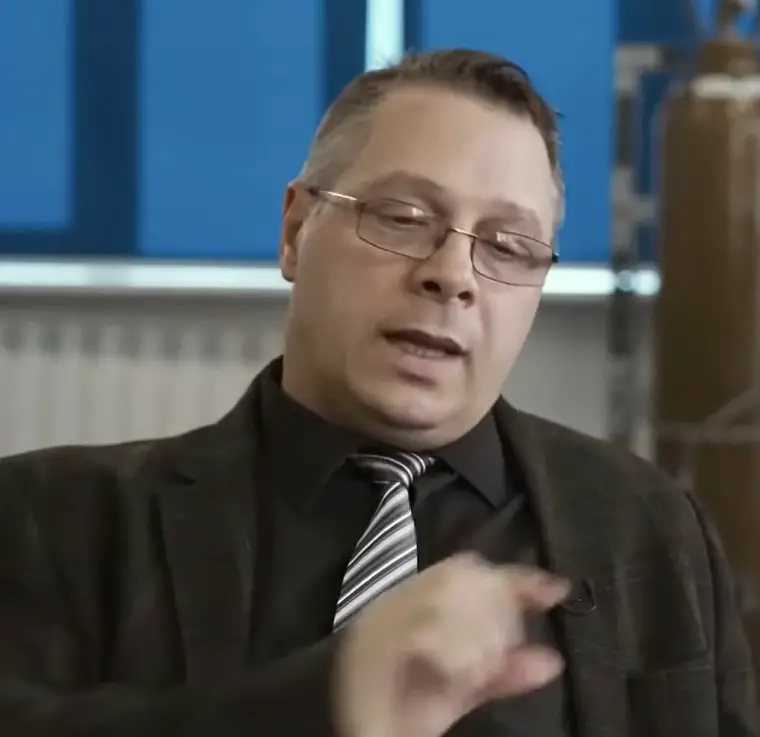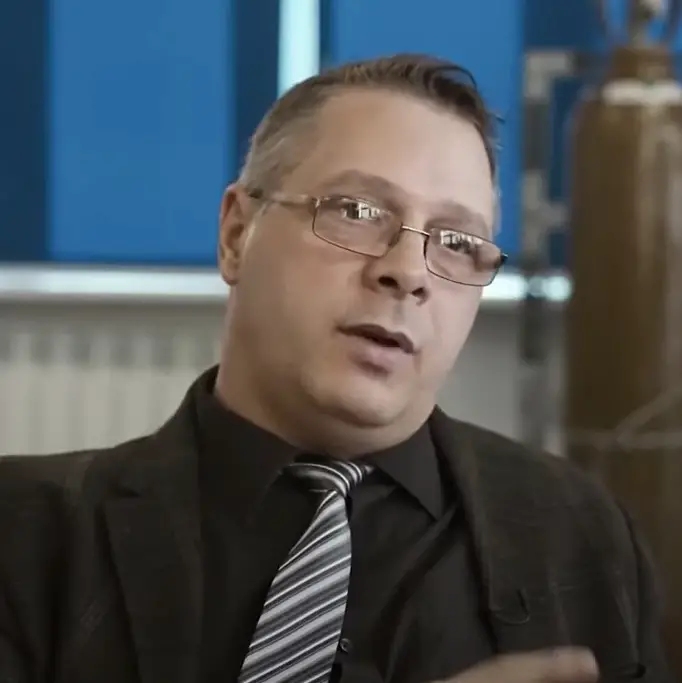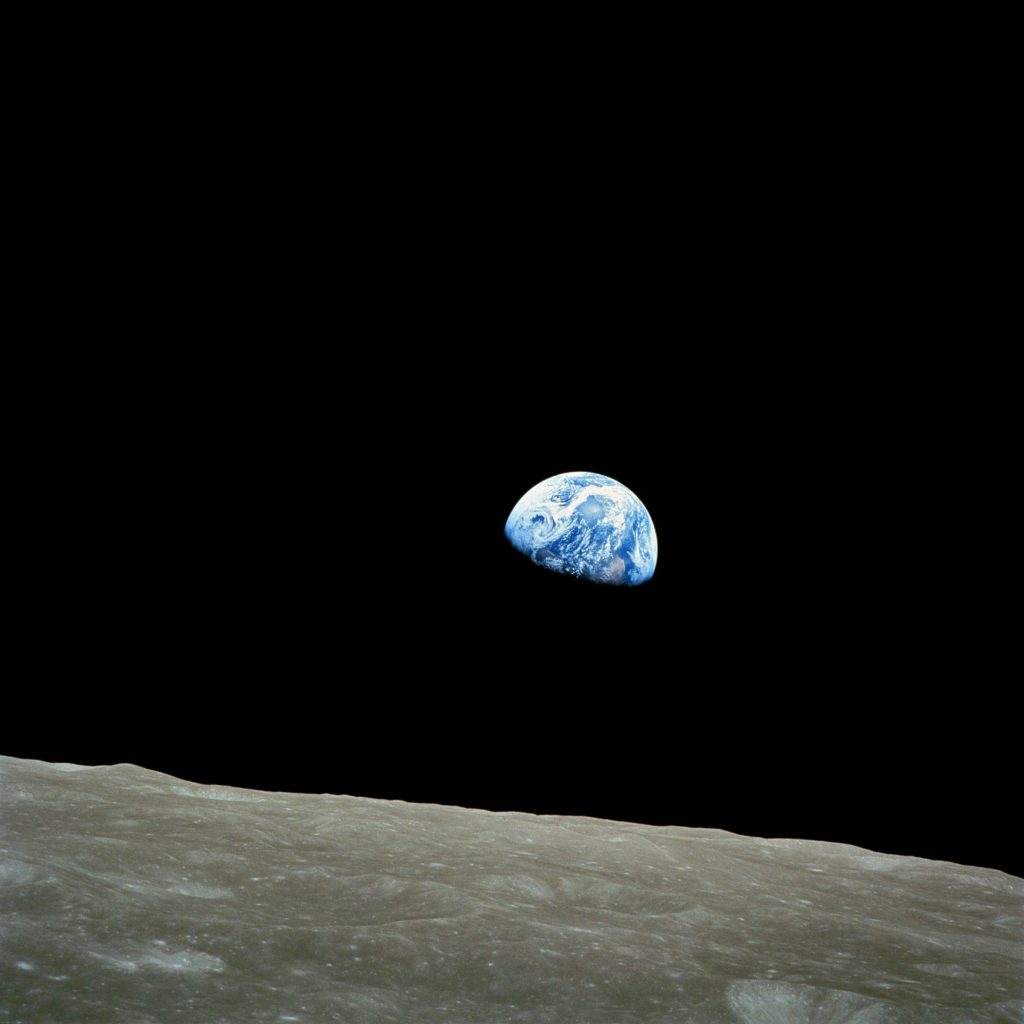Professor Melvin Vopson, a physicist from the University of Portsmouth, claims he has evidence to support the idea that we may be living in a simulation. According to Vopson, the universe’s structure resembles a computer program, with patterns and symmetry that mirror those found in coding. He explained that everything seems to evolve towards a state of minimal information, much like the behavior seen in programming languages. While he acknowledges this idea sounds “bizarre,” Vopson believes it is a fascinating possibility that we don’t live in an objective reality.
Vopson suggests that a highly advanced virtual reality simulation could be responsible for the universe we live in. For such a complex simulation to run, there would need to be a data optimization system to manage computational power and storage. He draws parallels between this concept and natural phenomena seen in biology, atoms, and mathematics, arguing that we may already be witnessing evidence of this data compression in everyday life.

However, Vopson admits that his theory is not definitive proof, but rather supports the simulated universe hypothesis. He has also faced skepticism from the scientific community, as his idea challenges the widely accepted belief about the universe’s fifth state of matter, commonly believed to be the Bose-Einstein condensate. Instead, Vopson proposes that information itself could have mass or interact with the universe, potentially even explaining dark matter, which makes up a third of the universe.
Vopson’s work builds on a theory he proposed in 2022, which introduced a new law of physics suggesting that information may play a role in genetic mutations, like those seen in viruses. This law is based on the second law of thermodynamics, which states that disorder in an isolated system can only remain constant or increase. His bold ideas continue to spark discussions about the nature of reality and the possible consequences of an “information catastrophe.”

While these theories may sound like science fiction, Vopson’s research pushes the boundaries of what we understand about the universe, leaving many to wonder if The Matrix could be closer to reality than we ever imagined.




